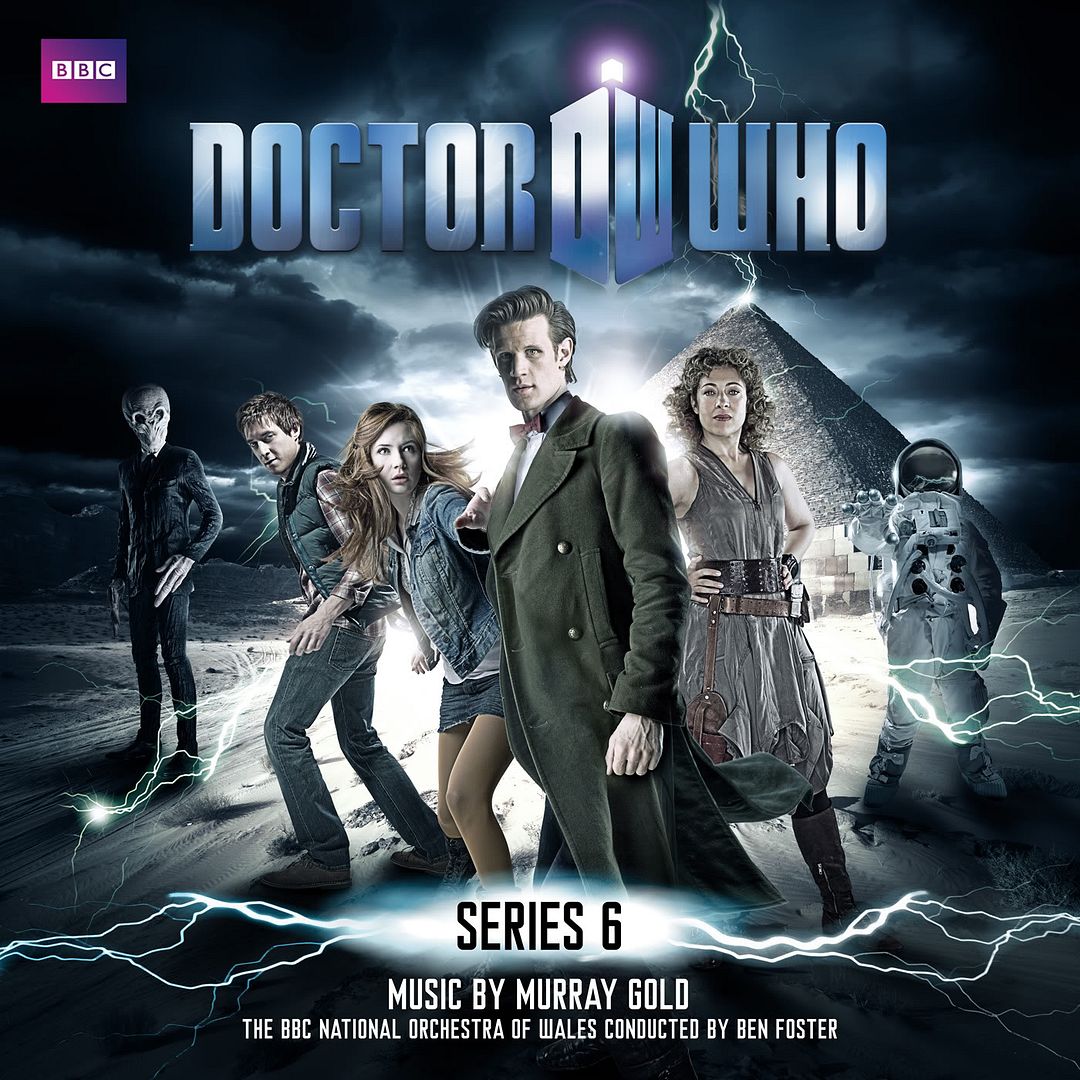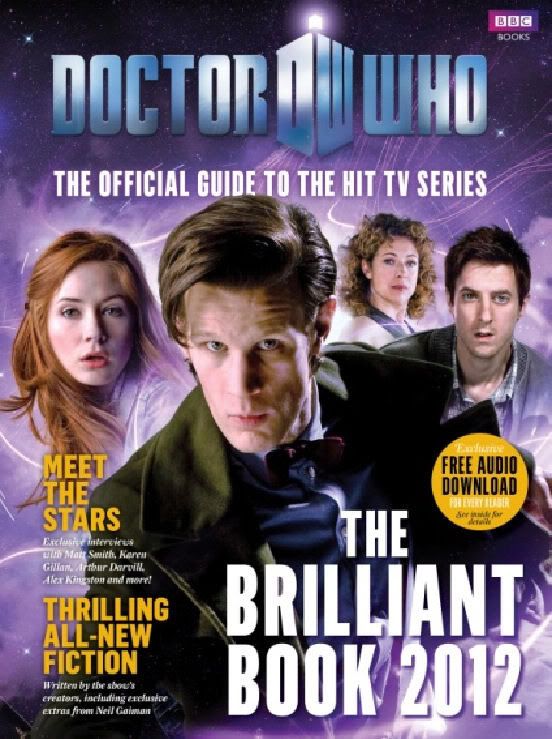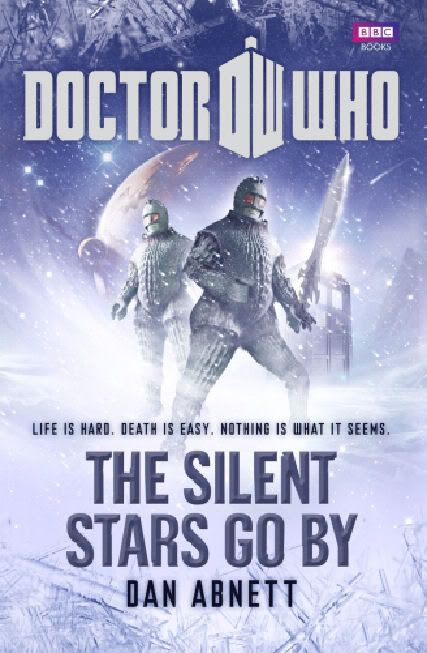
Doctor Who - The Doctor, The Widow and the Wardrobe
Written by Steven Moffat
Directed by Farren Blackburn
Broadcast on BBC One - 25 December 2011
Steven Moffat's second Christmas Special returns to his first love as a Doctor Who writer: the theme of motherhood. Rather than that eerie question “are you my mummy?” instead we get young Cyril Arwell's stubborn assertion that “mummy always comes” to the rescue. And in a spot of gender amending, the Doctor further sums up events in two words: “Mother Christmas!”. But before we get to the maternal love-in – with the “basecode of nature” used as justification for assorted meanings of plucky, fierce mother's love – this episode has plenty of (forested) ground to cover. For one thing, its title is misleading three times over: the wardrobe isn't actually a wardrobe, the widow isn't ultimately a widow, and the Doctor isn't quite himself either – he's the caretaker, hiding from his own legend, and keeping away from old friends.
This big festive episode also seems rather like the Who equivalent of a Christmas tree groaning under the weight of years' worth of different decorations – lots of shiny things are there on display, some of which you don't like, and some of which don't match. But if you look carefully, you'll always find something to delight. An impact suit that repairs its occupant; naturally-occurring Christmas trees; dancing chairs; a wintry forest wrapped in a TARDIS-blue gift box; wooden monsters who aren't really monsters. Androzani Major. Bill Bailey in a spaced-out hazard suit. Come on, admit it, that golden crown of fandom is starting to tingle and glow with life force. This is traditional rather than transitional Christmas Who fare, despite the fact that Piers Wenger hands over here to new queen bee exec-producer Caroline Skinner.
My favourite shiny bauble is the fact that at about 44 minutes in, and after a quiet moment where the geodesic sphere spaceship lifts off, we suddenly cut to what appears to be a 'clean' version of the end credits' time vortex (at least, we do in the “rough cut” that I'm reviewing, so fingers crossed that this makes it into the Christmas Day broadcast). Rather than the production team's names whizzing by in the smallest font in the universe, though, we pull back to see the Doctor watching through a triangular window. It's not the end credits at all, crashing in at the wrong moment, it's the time vortex that Madge is selflessly piloting them through. But just for the merest split second you can't help but imagine you're seeing the eleventh Doctor gazing out at the end of a Doctor Who episode. It's a great visual, as Arabella Weir's Billis might say.
Sadly, there is at least one major missed opportunity. It's a shame that after series six has focused on an under-developed and under-explored mother-daughter relationship, the values of being a mum can seemingly only be explored while Amy Pond is off the stage. Of course, all are well in the Arwell clan by episode's end, but I'd argue that Madge (wonderfully played by Claire Skinner) nevertheless gets more character development, and more plot beats surrounding her motherhood, than poor Amy Pond received in an arc's worth of material. It's as if Moffat can only really focus on developing wholly believable characters, and properly writing the mum thing, when he's not preoccupied with series arc plot-twists, or with which episode goes where in the run. Having said that, even the Doctor's emotional journey in this episode occasionally doesn't quite ring true: at certain moments he's clueless with feelings, but at other times he can effortlessly find just the right thing to say to Madge (“they are going to be sad later”). Part-time emotional intelligence guru, and part-time bumbler, perhaps this is a portrayal aiming for the “wise fool”, or the genius-child who can't understand his own feelings, but even so it still sometimes feels jarringly uneven.
If motherhood is a key presence here then so too, oddly enough, is water. This is a very wet Christmas Special. Following on from River and the Ponds, this time out we get “frightful” acid rain, a lemonade tap, a water pistol used as a carol-singing deterrent, and “humany wumany” happy crying in the Doctor's Christmas homecoming. Across the hour we move from a bombastic Star Wars-meets-James Bond pre-credits sequence (surely designed to make the audience sit up and pay attention) to a domestic Doctor-greets-the-Ponds ending. The latter could hardly be any less special effects' intensive, and you definitely have to pay careful attention to get it, as finally a glistening smear of “happy crying” appears below Matt Smith's left eye. People can't resist a door, and neither can the Time Lord as he crosses the threshold into Amy and Rory's home. For the eleventh Doctor, an ordinary front door can be just as much of a dimensional portal as his present to the Arwells – this time, it's a door which transports him into a new world of emotional wonder, and a newfound humanity.
The gimmicky wimmicky of “sciency wiency” workbenches or “humany wumany” crying might be wearing just a tiny bit thin by this point, I suspect, but no doubt it'll see us through to the forthcoming anniversary-wersary. Hold on to your hats, then, because the eleventh Doctor is growing up before our very eyes. He's very much linked to the children Lily and Cyril via his repeated “I know!” early on in this story, and he fails to be a proper (adult) caretaker, unlike Madge who he thanks for “taking care” of him. He even gets told off for not giving Amy and Rory a status update on his vital signs, with Matt Smith playing the “yes, Mum” scene to chastened perfection. But by the time the end-credits fly past, this Doctor is a little bit more of a time-travelling adult, and just a fraction closer to being a Time Lord grown-up. And the possibility of a return visit to Madge Arwell's life has also been deftly sketched in.
This Christmas Special isn't really about Narnia, or portals, or wooden aliens. All these things are, after all, just the decorations on the tree. Underneath the glitter of Farren Blackburn's direction (solid on The Fades and solid here), and underneath the glitz of Stephan Pehrsson's ongoing great work as DoP, this episode's roots and branches are infused with the magic of maternal care. Even the Doctor is “weak” in comparison, it would seem. Yet the TV “mothership” – Doctor Who itself – continues to be strong, even towards the end of a year where its spin-offs Torchwood and The Sarah Jane Adventures were either put on hold or came to an end, and where Doctor Who Confidential was abruptly consigned to television history. So many unhappy realities getting in the way of the fiction. Nobody should be alone at Christmas, but this year BBC Wales' Doctor Who is notably more alone in the schedules without all of its spin-off family, and if I were to shed a metaphorical tear for that fact then it'd be sad crying, not happy crying, which would glisten damply at the end of Who's 2011.












